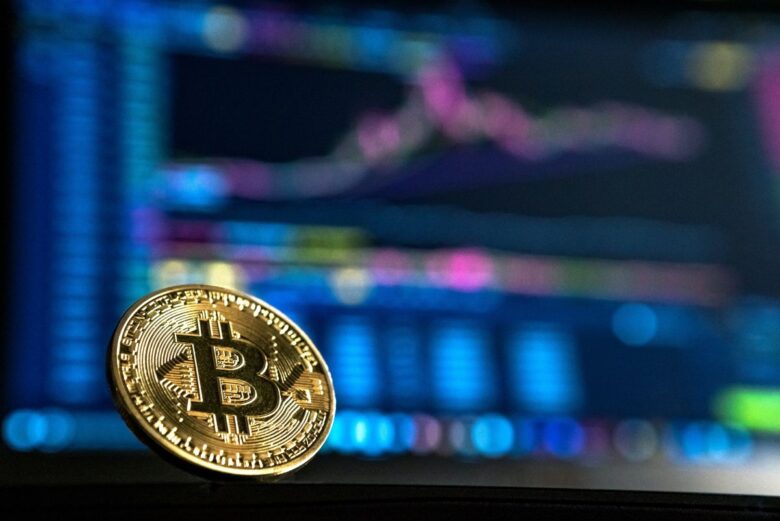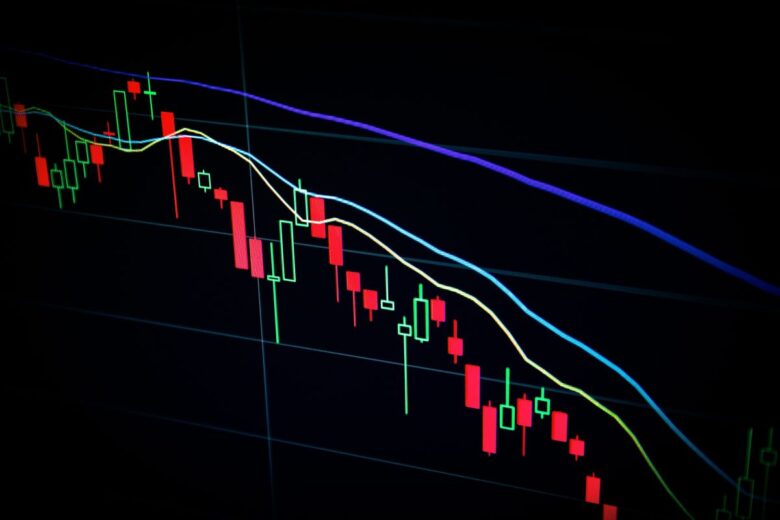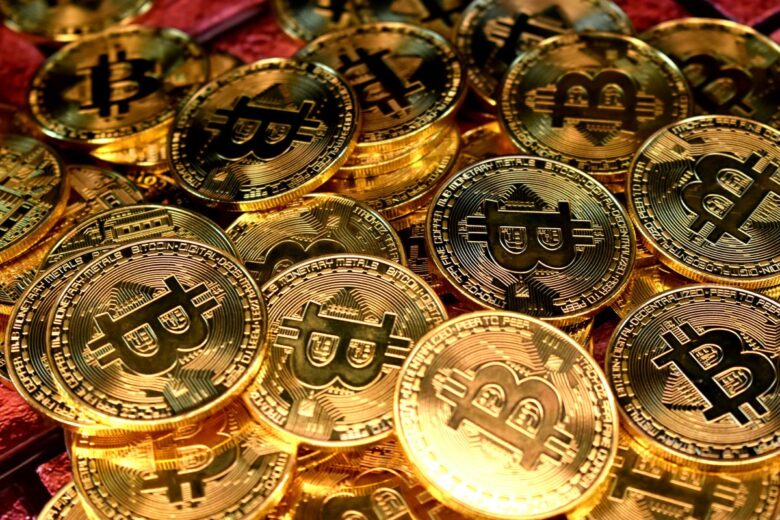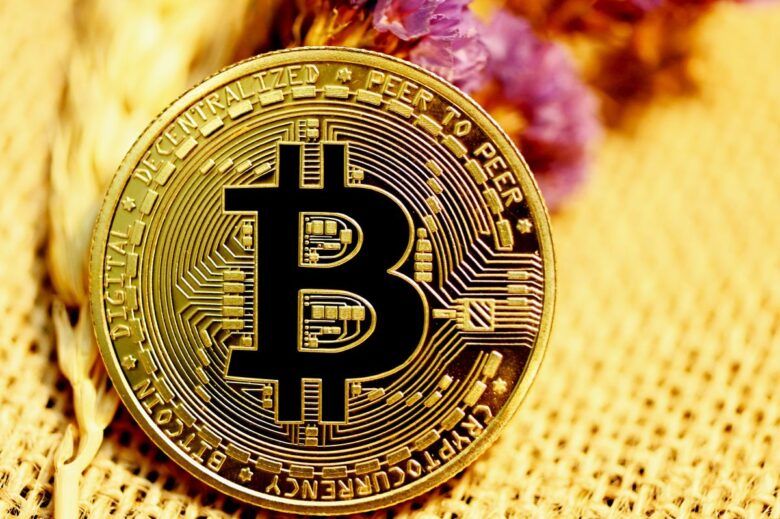In the ever-evolving world of finance, Bitcoin, the first and most prominent cryptocurrency, has emerged as a significant player. Its decentralized nature, coupled with its global reach, has made it a subject of interest for traders, investors, and even governments worldwide. However, the dynamics of Bitcoin trading are not solely dictated by market forces. They are also significantly influenced by geopolitical events, a factor that often goes unnoticed. This blog post aims to delve into the intricate relationship between geopolitical events and Bitcoin trading, shedding light on how global dynamics can sway the cryptocurrency market.
Contents
- Understanding Geopolitics and Bitcoin
- Geopolitical Events and Bitcoin Volatility
- Safe Haven or Risk Asset? The Debate
- Impact of Government Regulations
- Geopolitical Influence on Adoption and Awareness
- Geopolitics and Institutional Investment in Bitcoin
- The Role of Media and Sentiment
- Geopolitical Diversification and Portfolio Management
- Geopolitical Event and Bitcoin Price Movement
- Mitigating Geopolitical Risks in Bitcoin Trading
- Conclusion
Understanding Geopolitics and Bitcoin
Geopolitics, at its core, is the study of the effects of Earth’s geography (human and physical) on politics and international relations. It plays a pivotal role in shaping global events and policies, influencing everything from international trade agreements to diplomatic relations. On the other hand, BTC is a decentralized digital currency, devoid of any central authority, making it immune to direct control by any government or institution.
The relevance of geopolitical events to the cryptocurrency market is profound. Given that Bitcoin operates on a global scale, any significant geopolitical event can have ripple effects on its trading dynamics. For instance, political instability, economic policies, regulatory changes, and even conflicts can influence the perception of Bitcoin’s value, thereby affecting its price and trading volume.

Source: unsplash.com
Geopolitical Events and Bitcoin Volatility
Bitcoin’s price volatility is a well-known characteristic of the cryptocurrency market. However, what is often overlooked is the role geopolitical events play in this volatility. When political unrest or economic instability strikes, investors often seek refuge in assets that are not tied to the traditional financial system, and BTC, with its decentralized nature, often fits the bill.
For instance, during the U.S.-China trade war in 2019, Bitcoin’s price saw significant upward movement as traders sought to hedge against economic uncertainty. Similarly, the Brexit referendum in 2016 also led to a surge in Bitcoin’s price as investors grappled with the potential financial fallout.
Safe Haven or Risk Asset? The Debate
The question of whether Bitcoin acts as a safe haven during geopolitical turmoil or behaves as a risk asset is a subject of ongoing debate. On one hand, Bitcoin’s decentralized nature and its potential for high returns make it an attractive alternative during times of geopolitical uncertainty. On the other hand, its high price volatility can make it a risky investment.
During the Greek debt crisis in 2015, Bitcoin’s price rose as capital controls drove Greek citizens towards decentralized currencies. However, during the COVID-19 pandemic, BTC initially fell along with other risk assets, indicating its correlation with the broader market. While this is the case that shouldn’t’ deter you from delving deeper into it together with outlets such as https://bit-gpt-app.org/.

Source: unsplash.com
Impact of Government Regulations
Government regulations significantly influence Bitcoin trading. Regulatory decisions can either be favorable, driving up Bitcoin’s price, or unfavorable, causing a drop. For instance, when Japan recognized BTC as a legal payment method in 2017, it led to a surge in Bitcoin’s price. Conversely, when China cracked down on BTC exchanges in the same year, it led to a significant drop in Bitcoin’s price.
Regulatory clarity is crucial for the cryptocurrency market. It provides a sense of security for traders and investors, encouraging more participation in the market. However, regulatory uncertainty can lead to market volatility, as traders react to potential risks and rewards.
Geopolitical Influence on Adoption and Awareness
Geopolitical events can also influence Bitcoin adoption in different regions. During times of economic instability or political unrest, interest in Bitcoin often surges as people seek alternatives to traditional financial systems. For example, in Venezuela, amidst hyperinflation and economic crisis, BTC adoption saw a significant increase.
However, geopolitical factors can also hinder cryptocurrency adoption. In countries with strict regulatory environments or political regimes that oppose decentralization, Bitcoin adoption can be challenging.

Source: unsplash.com
Geopolitics and Institutional Investment in Bitcoin
Geopolitical stability or instability can significantly impact institutional interest in Bitcoin. During times of economic crises or geopolitical tensions, institutions may seek to diversify their portfolios, and BTC , with its non-correlation to traditional assets, becomes an attractive option.
For instance, during the COVID-19 pandemic, many institutions turned to Bitcoin as a hedge against potential inflation caused by widespread fiscal stimulus. MicroStrategy, a U.S. based business intelligence company, is a notable example, having invested over a billion dollars in Bitcoin.
The Role of Media and Sentiment
Media coverage of geopolitical events can shape Bitcoin sentiment among retail investors. Positive or negative news can lead to bullish or bearish market trends, respectively. Social media also plays a significant role, with platforms like Twitter and Reddit often acting as barometers for market sentiment.
However, during times of geopolitical uncertainty, the potential for misinformation and speculation increases. This can lead to market volatility, as traders react to unverified information or rumors.

Source: unsplash.com
Geopolitical Diversification and Portfolio Management
Bitcoin can serve as a tool for geopolitical diversification in investment portfolios. Its non-correlation with traditional assets can help mitigate risks associated with specific geopolitical events. For instance, during the U.S.-China trade war, investors who diversified their portfolios with BTC were able to hedge against the market downturn.
However, managing risk and exposure to geopolitical events through Bitcoin holdings requires a well-thought-out strategy. Investors need to consider factors like Bitcoin’s volatility, regulatory environment, and market sentiment.
Geopolitical Event and Bitcoin Price Movement
A prime example of a geopolitical event influencing Bitcoin’s price movement is the U.S. presidential election in 2020. As the election neared, uncertainty around the outcome led to increased market volatility. Bitcoin’s price saw a significant increase, reflecting its role as a potential hedge against uncertainty.
This case study underscores the importance of understanding the interplay between geopolitical events and BTC trading. It highlights how traders and investors can leverage these dynamics to their advantage.

Source: unsplash.com
Mitigating Geopolitical Risks in Bitcoin Trading
Mitigating risks associated with geopolitical events in Bitcoin trading involves diligent research, effective risk management, and diversification strategies. Traders should stay informed about global events and their potential impact on Bitcoin. Tools like news aggregators, social media platforms, and financial news outlets can be invaluable resources.
Conclusion
Understanding the interplay between geopolitics and Bitcoin trading is crucial for traders and investors. Geopolitical events can significantly influence Bitcoin’s price volatility, adoption rates, and institutional interest. As the world becomes increasingly interconnected, the impact of these events on the cryptocurrency market is likely to grow.
The future of Bitcoin in the context of geopolitical dynamics is promising. As more individuals and institutions recognize its potential as a hedge against geopolitical risks, its role in the global financial ecosystem is likely to strengthen.
